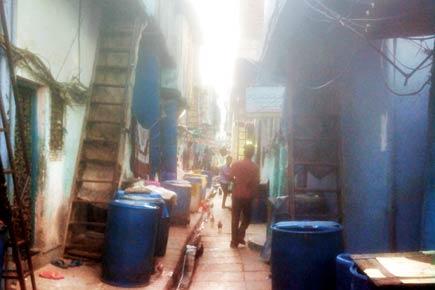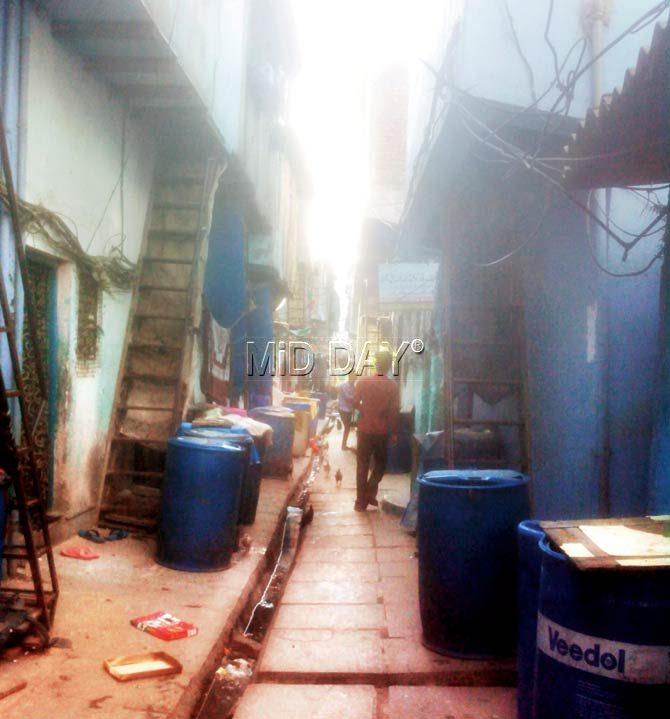While most of the city can now begin to breathe easier with the smog finally dissipating, ragpickers at the Deonar dumping ground don’t have it so easy

While most of the city can now begin to breathe easier with the smog finally dissipating, ragpickers at the Deonar dumping ground don’t have it so easy. Not only are they facing the worst of the smoke from the trash mountains, their entire livelihood has come to a standstill with the dump yard being shut after the blaze.

Ragpickers living near the Deonar dumping ground are facing the worst of the smoke, and their entire livelihood has come to a standstill with the dump yard being shut after the blaze
Thousands of ragpickers forage at what is Mumbai’s largest dumping ground to eke out a living from plastic, glass, metal or whatever scrap they can find. Normally, they operate in a smooth system with separate teams for ragpickers, who find the scrap, and segregators, who go through the days’ findings to salvage the items that can be recycled. The most productive time is around 6 am, which is when they find fresh stock. At Rs 2 per kg, a sack of trash can fetch R150-200. The most the ragpickers can find is two sacks a day. This is then sold at the neighbouring Shanti Nagar.
However, after Thursday’s blaze, the BMC issued an order to temporarily shut down the dump yard and instructed the ragpickers to stay away. Despite the possible health hazard, some locals sneaked into the yard but could barely find anything worth salvaging.
Others who stayed home weren’t having a better time, with the smoke still hanging heavy in the air in their constricted chawl called Baba Nagar. Situated very close to the dumping ground, Baba Nagar comprises dingy, narrow lanes with houses crammed right along the gutters. The colony is right at the end of the Shivaji Nagar area, touching the creek. It has erratic power supply and common water taps and has been pulled down by the BMC several times. Despite all this, a 6x8-shanty can cost up to Rs 12 lakh.
 Subscribe today by clicking the link and stay updated with the latest news!" Click here!
Subscribe today by clicking the link and stay updated with the latest news!" Click here!









